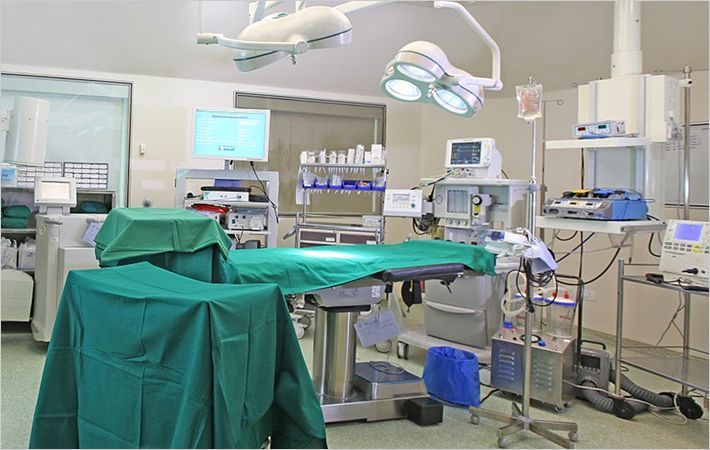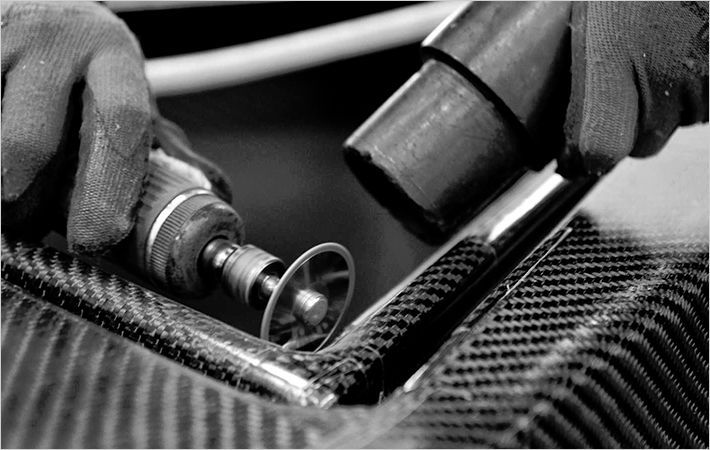Defense Advanced Research Projects Agency (DARPA) has awarded a first-phase $2.9 million follow-on contract to further develop a biologically inspired smart suit to Wyss Institute for Biologically Inspired Engineering at Harvard University.
The device named ‘Soft Exosuit’ will enable soldiers to walk longer distances, keep fatigue at bay, and minimize the risk of injury when carrying heavy loads and is intended to be worn comfortably under clothing.Defense Advanced Research Projects Agency (DARPA) has awarded a first-phase $2.9 million follow-on contract to further develop a biologically inspired#
The Soft Exosuit draws inspiration from a deep understanding of biomechanics of human walking and the technology spawns development of entirely new forms of functional textiles, flexible power systems, soft sensors, and control strategies.
The lightweight Soft Exosuit is designed to overcome the challenges of traditional heavier exoskeleton systems, such as power-hungry battery packs and rigid components that can interfere with natural joint movement.
It is made of soft, functional textiles woven together into a piece of smart clothing that is pulled on like a pair of pants and intended to be worn under a soldier's regular gear.
Through a biologically inspired design, the suit mimics the action of the leg muscles and tendons when a person walks, and provides small but carefully timed assistance at the joints of the leg without restricting the wearer's movement.
Wyss said alternative versions of the suit will also assist those with limited mobility as well and expects a reduction in injuries could reduce long-term healthcare costs and enhance quality of life for wearers of the suit.
This will also enable intuitive and seamless human-machine interaction, Wyss added.
"While the idea of a wearable robot is not new, our design approach certainly is," said Conor Walsh, Assistant Professor of Mechanical and Biomedical Engineering at Harvard's School of Engineering and Applied Sciences (SEAS) and founder of the Harvard Biodesign Lab.
In addition to its military application, the team will collaborate with clinical partners to develop a medical version of the suit that can help stroke patients, for example, who often experience a slow, inefficient gait and could greatly benefit from walking assistance.
Under the terms of the contract with DARPA, the Wyss Institute will receive up to $2.9 million for its work on Warrior Web, with full funding contingent on meeting a series of technical milestones. (AR)
Fibre2fashion News Desk - India

